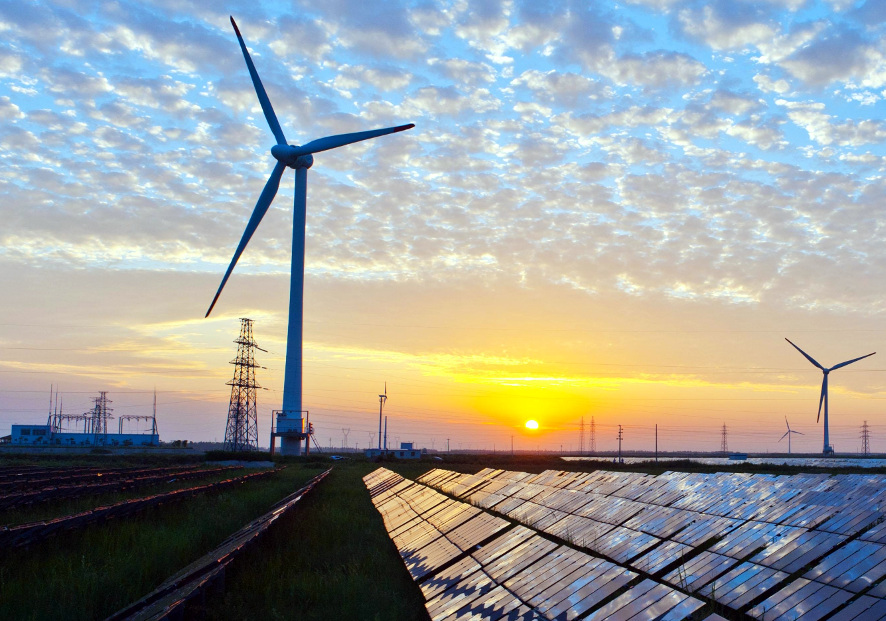With more than 40 GW of existing coal-fired power plants under financial stress in India, Tata Power is seeking to only add new coal-fired power capacity via fire-sale acquisition, at 30%-40% of historical investment. It no longer plans to build new coal-fired power plants. At the same time, under its long-term strategy, the private-sector integrated power company aims to have renewable energy dominate its power capacity build-out.
In a related report by the Institute for Energy Economics and Financial Analysis (IEEFA), Simon Nicholas, co-author and energy finance analyst states that Tata Power’s focus on renewables makes sense given the major energy transformation now occurring.
“The company’s plan, Strategic Intent 2025, calls for up to 70% of new capacity additions to come from solar, wind and hydro through to 2025. This represents a significant departure from the accepted wisdom of just a few years ago that a major expansion of coal-fired power would be required to serve India’s growing electricity demand,” said Nicholas in the IEEFA report titled Tata Power: Renewables to Power Growth.
Mirroring Indian scenario as a whole
The majority of Tata Power’s thermal capacity is now centred on its Mundra coal-fired power plant – one of the biggest power plants in India – which experienced losses reaching US$ 191 million for the first three quarters of FY 2018-19.
“The Mundra plant is recording consistent, significant losses that are dragging down the company’s overall financial performance,” said Nicholas.
Tata Power’s experience at Mundra has helped convince the company to turn away from new coal-fired power.
Tim Buckley, IEEFA’s Director of Energy Finance Studies and co-author of the report, noted that Tata Power’s shift mirrors the transition underway within the Indian power sector as a whole, driven by least cost renewable energy.
“The shift away from new coal-fired power is moving faster than anyone had predicted,” said Buckley. “The current Indian fiscal year has seen net coal-fired power additions come close to ceasing altogether.”
Peak coal-fired power capacity in India is on the horizon, according to the IEEFA analysts, and growing electricity demand will be served by current coal power capacity and rapidly growing renewable energy capacity.
“Tata Power encapsulates this rapid transition,” Buckley said.
This content is protected by copyright and may not be reused. If you want to cooperate with us and would like to reuse some of our content, please contact: editors@pv-magazine.com.









By submitting this form you agree to pv magazine using your data for the purposes of publishing your comment.
Your personal data will only be disclosed or otherwise transmitted to third parties for the purposes of spam filtering or if this is necessary for technical maintenance of the website. Any other transfer to third parties will not take place unless this is justified on the basis of applicable data protection regulations or if pv magazine is legally obliged to do so.
You may revoke this consent at any time with effect for the future, in which case your personal data will be deleted immediately. Otherwise, your data will be deleted if pv magazine has processed your request or the purpose of data storage is fulfilled.
Further information on data privacy can be found in our Data Protection Policy.